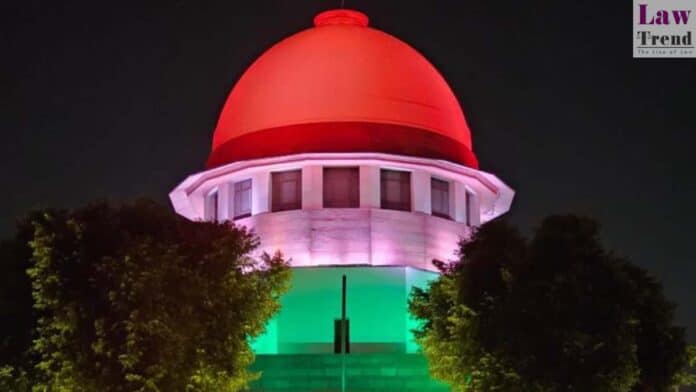The Supreme Court on Tuesday called for a response from the Unnao rape survivor and her family regarding the Central government’s plea to withdraw the CRPF security assigned to them since 2019. The security was initially mandated by the apex court following the high-profile rape case involving expelled BJP leader Kuldeep Singh Sengar, who is currently serving a life sentence for the abduction and rape of the minor girl in Unnao, Uttar Pradesh, in 2017.
Justices Bela M Trivedi and Satish Chandra Sharma, presiding over the bench, noted the government’s argument that the threat perception to the survivor and her family has significantly diminished. Consequently, the Centre has suggested that the responsibility for the family’s security could be transitioned to the Delhi or Uttar Pradesh police, allowing the CRPF to withdraw.
Advocate Ruchira Goel, representing the Uttar Pradesh government, informed the court that following the Supreme Court’s directives, all legal proceedings related to the case were transferred to Delhi, including the ongoing trials, and the survivor and her family now reside there.
The bench’s decision to revisit the necessity of CRPF security follows a broader discussion about the current threat level faced by the survivor and her family, emphasizing the need for a balanced approach to their protection and the judicious use of national security resources.
In 2019, the Supreme Court had directed the transfer of all related cases to Delhi, ordering daily hearings and the completion of the trial within 45 days. Additionally, the court mandated the Uttar Pradesh government to pay Rs 25 lakh as interim compensation to the survivor. It also instructed the CBI to conclude within seven days its investigation into a tragic accident that critically injured the survivor and her lawyer, and resulted in the death of two of her aunts.
The court’s directives came in the wake of allegations that the survivor’s father was arrested under Sengar’s influence and subsequently died in custody in April 2018, further complicating the case and highlighting the survivor’s precarious situation and need for protection.




